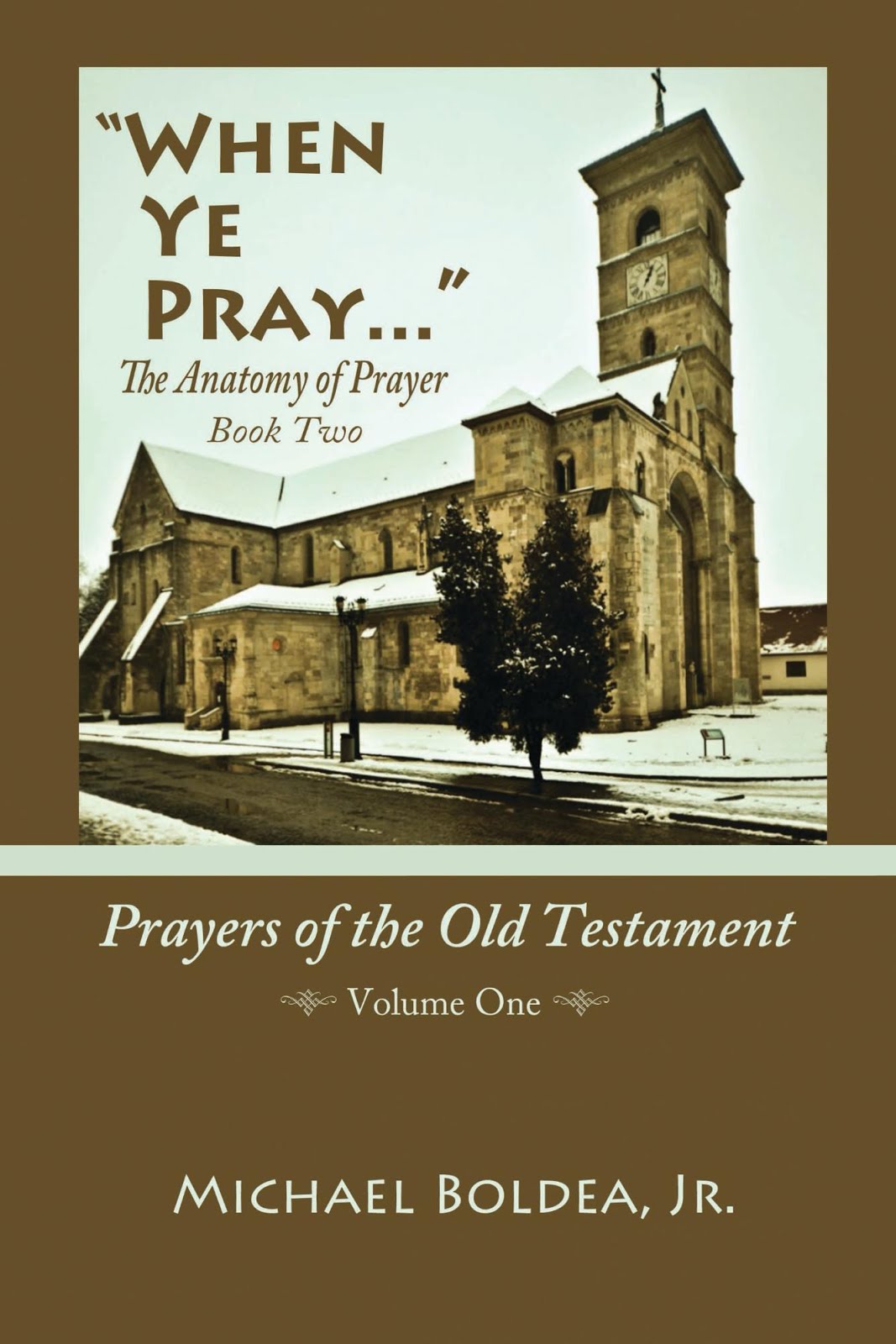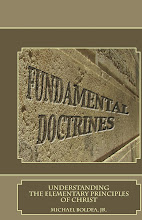After
having added knowledge to our virtue, Peter admonishes us to likewise add
self-control to our spiritual house, and with each building block we begin to
see the edifice take shape before our eyes.
The
reason each of these virtues is important in and of themselves but likewise
important as an amalgam is because when one is lacking, the spiritual house is
incomplete, or at best has a weakness which the enemy will eventually discover
and exploit to his advantage.
When
we are complete believers, when we possess all the spiritual fruit the Word of
God admonishes us to possess, as well as all the virtues one such as Peter
admonishes us to have, the enemy has nothing to exploit because there is no
chink in our armor, and no weak point in our spiritual home.
It
is only when we lack one or more of these virtues, and when the fruit of the
Spirit are not readily manifesting in our lives that the enemy has a foothold
which he can chip away at until it becomes something detrimental to our walk.
We
face a patient enemy. One who takes his time, one who has a long term strategy,
and one who is content with gaining an inch if he can’t gain a yard.
1 Peter 5:8-9, “Be
sober, be vigilant; because your adversary the devil walks about like a roaring
lion, seeking whom he may devour. Resist him, steadfast in the faith, knowing
that the same sufferings are experienced by your brotherhood in the world.”
In
understanding Peter’s history, we understand just how well he understood the
need to be sober and vigilant at all times, because he’d been through it, he’d
let his guard down, and as consequence denied the Christ due to fear of man.
Peter
knew the only way to overcome the enemy is to always be aware of his insatiable
hatred for the followers of Christ, not underestimating him, but rather
remaining steadfast in the faith though trials and hardships may abound.
So
what can be said of self-control?
First,
that the accent must be placed on the word self!
Although we live amidst a generation which is daily attempting to mitigate the
notion of personal, individual responsibility, wherein no matter what one does
it wasn’t their fault but that of a
third party or a traumatic childhood episode, the Word of God tells us we must
possess self-control.
If
one cannot control one’s self, whether their actions, their words, or their
outbursts, the enemy will always have a niche to exploit given the right
circumstances.
In
that we must possess self-control we also see its interconnectedness with
virtue, the first of Peter’s building blocks, for in order to possess virtue,
one must likewise possess self-control.
Throughout
the ages some have said that coming to believe in Christ makes you incapable of
sin. If this were the case, then we would not need self-control as Peter tells
us we do.
There
are certain doctrines making their way through the church that I wish were
true. Yes, you read that correctly, there are certain doctrines in the church
today that I wish were true.
Unfortunately,
just because a doctrine makes the path a bit wider and my walk less strenuous,
it does not likewise make it Biblical or orthodox. We cannot choose to believe
a certain thing simply because it seems reasonable to human intellect, or
because it requires less effort on our part. The only plumb line is
the Word of God, and no matter how good a teaching might sound, if it is not
likewise found within the pages of Scripture, it must be rejected.
Too
often we disregard and ignore Scripture in lieu of the teachings of men because
the teachings of men make the Christian journey seem like a traipse through the
rose petals on our way to mansions in the sky.
Men
want to abdicate the notion of personal responsibility altogether, because it
will unfetter them to pursue the desires of their hearts with abandon. If I am
not responsible for the things I do, if I will not be held to account, if I
will not have to answer, then I can do as the flesh wills without the restriction
of self-control.
Sin
has reached a fevered pitch within the church because we no longer teach
self-control, personal accountability, or individual responsibility.
Yes,
it is far easier to tell someone that all they have to do is raise a hand, and
all their sins, past, present, and future are forgiven, than it is to tell them
that they must repent and turn away from their sinful life, possess
self-control, and deny themselves daily. Try as we might to twist the meaning, easy doesn’t mean right and it never will.
With love in Christ,
Michael Boldea Jr.













No comments:
Post a Comment